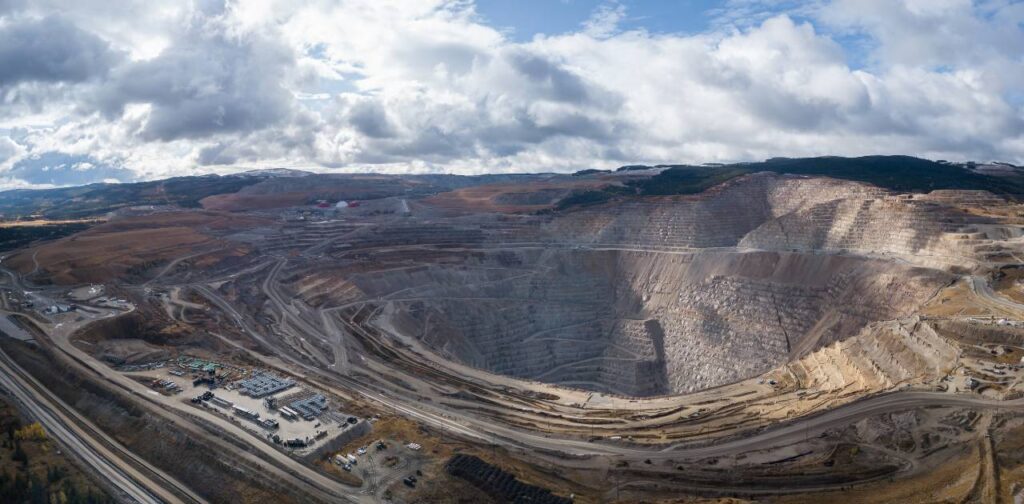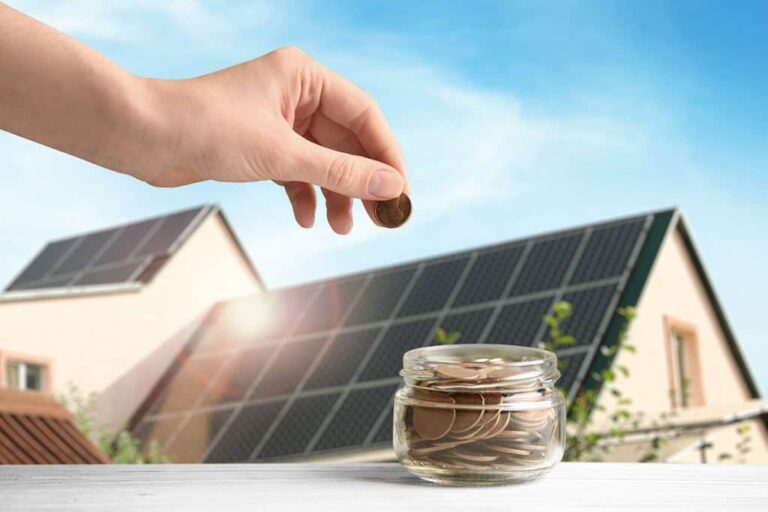At the heart of the Brazilian economy, mining pulsates as a vital source of wealth. However, this same pulsation has been marked by deep scars in the country’s socio-environmental fabric. Mining, despite its economic role, has been synonymous with a series of ecological disasters – from the pollution of crystal clear waters to the erosion of once fertile land. But there is a glimmer of hope on the horizon: recycling!

The imminent collapse of an underground mine in Maceió, Alagoas, has highlighted the risks associated with uncontrolled mining. This event has drawn attention to the urgent need to adopt more sustainable and safe practices in mining. Recycling would significantly reduce the risks associated with this practice, offering a viable solution to mitigate the negative environmental and social impacts.
The Tailings Mountain – A Legacy of Risks
The narrative of mining in Brazil is often illustrated by striking images: rivers murky due to silting, grey skies obscured by air pollution and the silence of nature interrupted by noise pollution from machinery. Deforestation, erosion and soil contamination are direct consequences of irresponsible practices, while the lowering of the water table threatens the sustainability of local ecosystems.
Illegal mining, especially in the Amazon, has proven to be a villain in the deforestation drama, compromising the survival of indigenous and riverside communities. The risks associated with mining are not only ecological, but also social, profoundly impacting the quality of life of local populations.
Waste Recycling – A Sustainable Vision
Recycling mining waste has emerged as a promising strategy to address the industry’s open wounds. By recycling, it is possible to significantly reduce the volume of waste, reducing the need for large areas of disposal and, consequently, the associated environmental impacts. In addition, recycling has proven to be an economic ally, capable of generating new materials and cutting operating costs, challenging the idea that sustainability is an expensive luxury.
Reducing the risk of incidents and tragedies related to improper waste disposal is not just a possibility – it is an obligation. Recycling can be the dam that holds back the tide of potential disasters, offering an effective way to control and minimize damage.
Beyond Waste – Other Recycling Fronts
However, recycling is not limited to waste. Used mineral oil, for example, can be recycled to reduce the amount of hazardous waste and subsequent pollution of soil, water and air. This effort helps to preserve valuable resources and reduces the pressure to open new mines, which could further intensify environmental damage.
In addition to mineral oil, other materials generated by mining can be recycled to reduce environmental impact. Resource utilization and material reuse are essential practices to minimize the need for new extraction processes and the resulting environmental degradation.
Complementary Strategies to Mitigate Impacts
Recycling is not a stand-alone solution; it must be part of a broader set of actions. Complementary strategies are essential to mitigate the impacts of mining. These strategies include proper waste disposal, the creation of emergency protocols, and the adaptation of projects to environmental laws.
Strict safety parameters, the reuse of materials to reactivate explored areas, training for the conscious use of machinery and equipment, and periodic inspections in operating areas are measures that form the mosaic of actions necessary for more responsible mining. These efforts ensure that recycling is effective and that negative impacts are minimized.
Recycling as a Tool for Sustainability
Recycling is not merely a waste management tool; it is a manifesto for life and for the sustainable future of mining in Brazil. It is a call for companies, governments and citizens to collaborate in the pursuit of a mining industry that respects the majesty of the nature that surrounds us. Responsibility is shared, and the path to environmental, social and economic sustainability is one that we must travel together.
Recycling is a fundamental piece of this puzzle, allowing a balance between the exploitation of natural resources and the preservation of our rich ecosystem. Recycling would reduce risks associated with mining, promoting a more sustainable and responsible model.
The Future of Mining and Recycling
The mining industry and the environment can indeed coexist with less impact than is currently seen. To do so, it is imperative that we embrace recycling not as an option, but as an indispensable condition for the continuity and prosperity of both. Recycling would reduce risks by implementing more responsible and sustainable practices, creating a future in which mining does not compromise the health of the environment and surrounding communities.
Due to the unbridled use of natural resources, the planet is facing serious consequences, such as desertification, the greenhouse effect and increased pollution. These effects are known as environmental impacts. Mastering the issue of recycling and its application in mining can be crucial to changing the current trajectory and creating a more balanced and sustainable environment for everyone.
Recycling is more than a technical solution; it is an urgent need to ensure that mining in Brazil develops in a more responsible and less environmentally harmful way.
Check out other interesting facts about recycling clicking here.
Learn how to make art by recycling, Click here.



